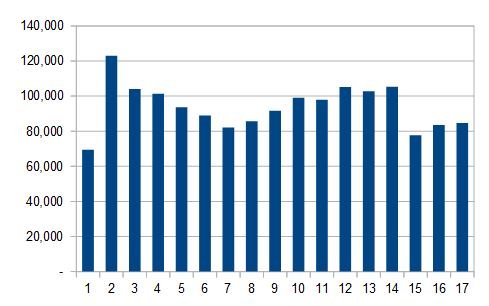HostelDweller
Confused about dryer sheets
Hello,
I'm sure this has been asked many times before and is similar to "One More Year Syndrome". My background, I have a mandatory retirement next year at 55 years old. We will have enough money to live modestly, travel and never work again. I will definitely work part time in some way to balance life out and cover the additional travel, mostly Snowbird Surfing trips to warm places 4 months a year. I've talked to my athletic, older, mentors and they all say, take advantage of the good healthy years and go for it.
My question...How do I keep my eyes on the dream and not envy all of my colleagues who are chasing their next career to make more money. I'm telling you, I'm the only person who is NOT chasing money, I feel like the oddball.
Thanks
I'm sure this has been asked many times before and is similar to "One More Year Syndrome". My background, I have a mandatory retirement next year at 55 years old. We will have enough money to live modestly, travel and never work again. I will definitely work part time in some way to balance life out and cover the additional travel, mostly Snowbird Surfing trips to warm places 4 months a year. I've talked to my athletic, older, mentors and they all say, take advantage of the good healthy years and go for it.
My question...How do I keep my eyes on the dream and not envy all of my colleagues who are chasing their next career to make more money. I'm telling you, I'm the only person who is NOT chasing money, I feel like the oddball.
Thanks

